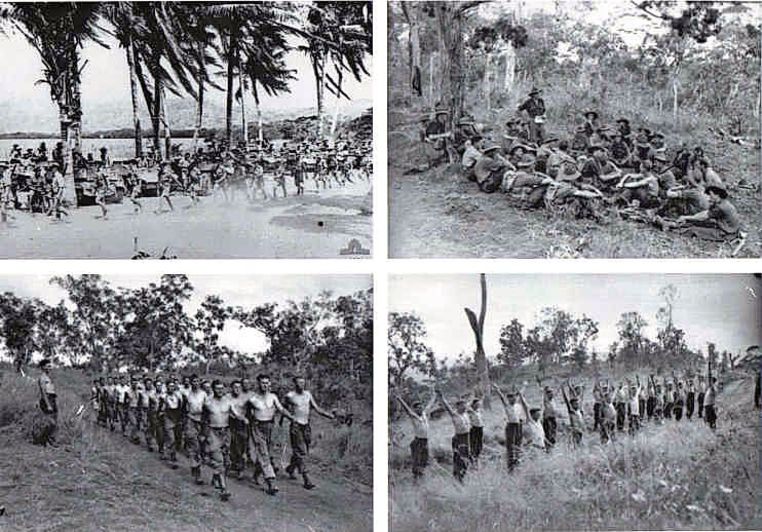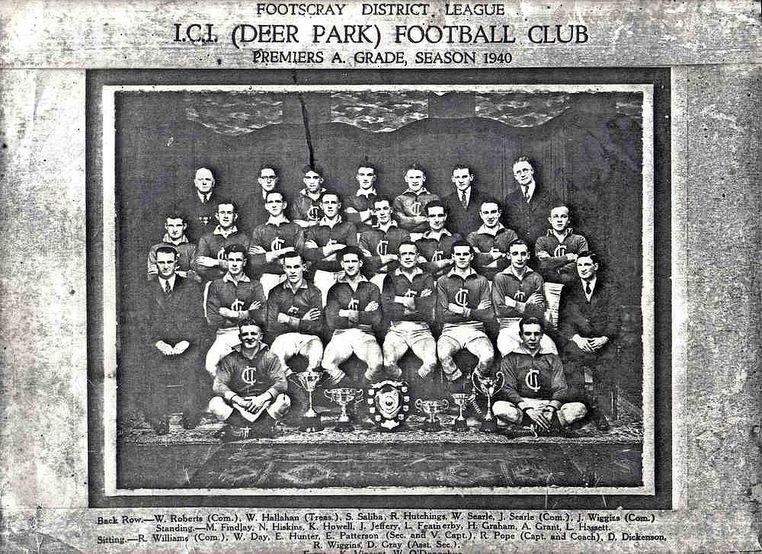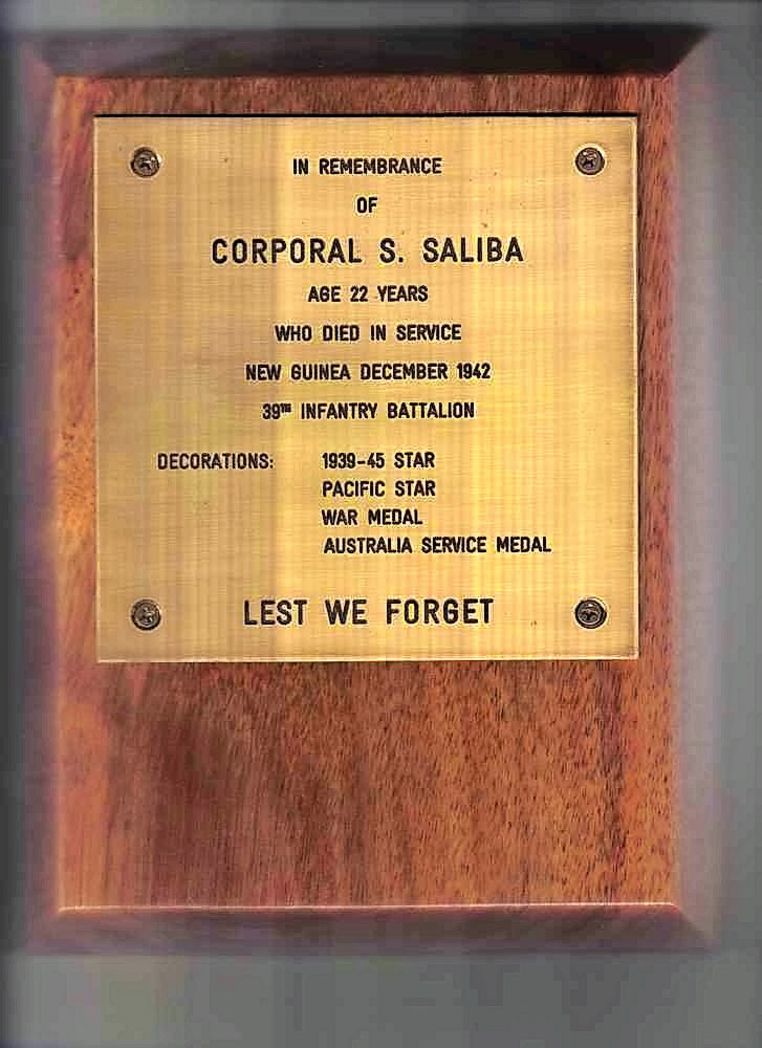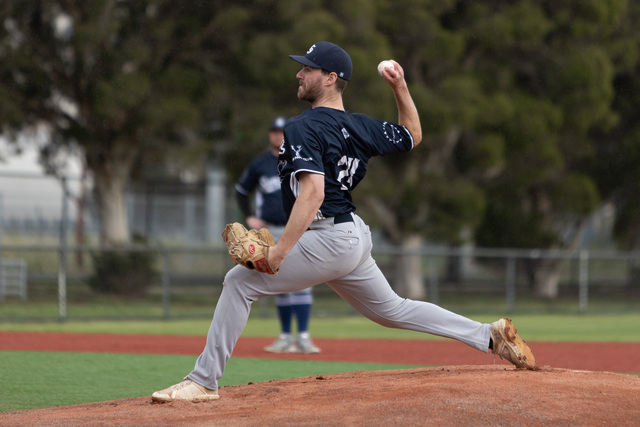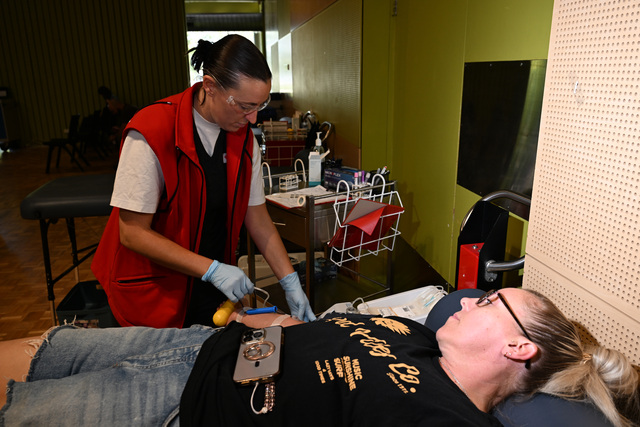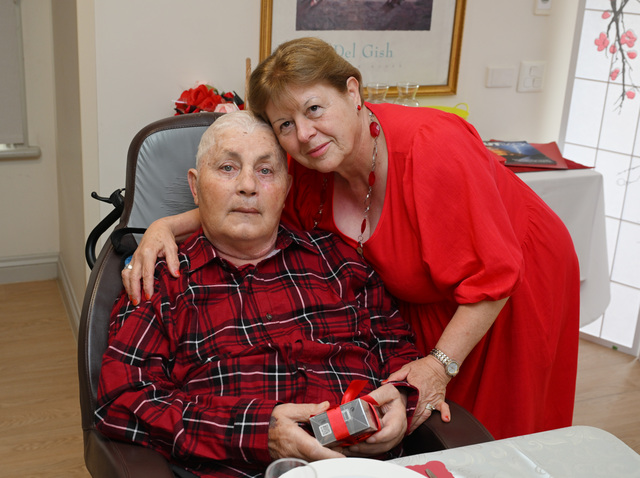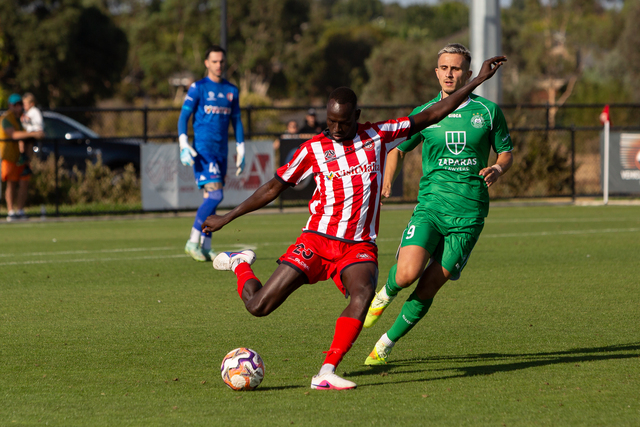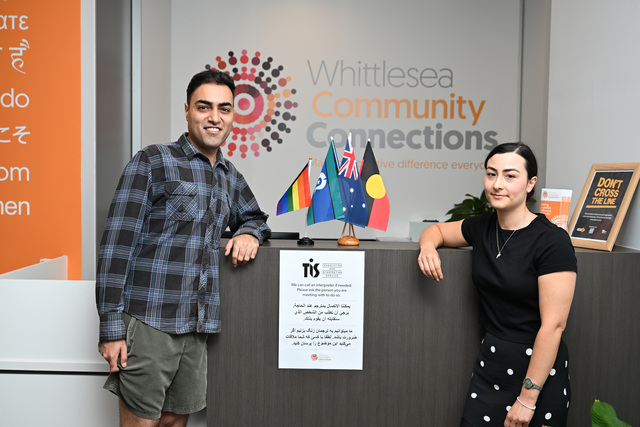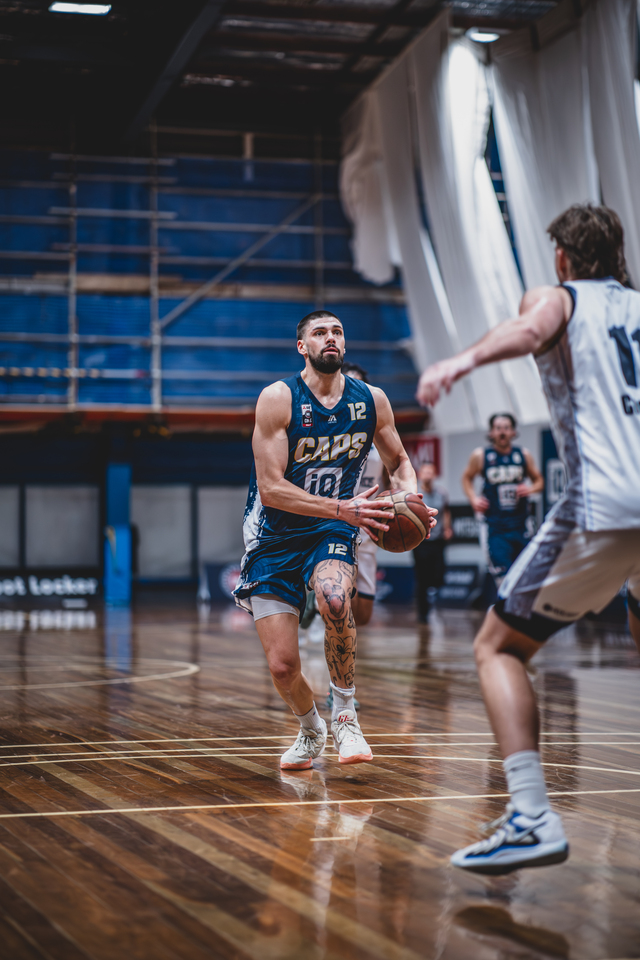Seventy-seven years on and the Kokoda campaign remains one of the toughest, bloodiest and gruelling in Australia’s history.
It’s also the setting of remarkable bravery and teamwork – qualities Sunshine boy Sam Saliba had in spades.
Sam was five when he arrived in Sunshine with his family in 1925 after immigrating from Malta.
He was educated at a local school and as a young man got a job at Spalding Sunshine (now Bunnings) as a watchman. He also helped out at home on a small dairy farm.
He was an exceptional footballer and a key member of Deer Park’s side in the late 1930s and early 1940s. His performances were so eyecatching that Sam was invited by Footscray VFL to do a pre-season prior to the 1941 season.
Sam’s nephew Joe Azzopardi, who spent time on the Bulldogs’ board, said Sam looked destined to play in the big league.
“Sam had caught everybody’s eye at the Bulldogs and the whisper was ‘that little Maltese boy from ICI Club is a ripper’,” Mr Azzopardi said.
“However, just before the season started, the coach called Sam in and said ‘Sorry Sam – you are a bit too short – so sorry mate, you are not going to make the side’.
“The Footscray Football Club records show that at the last minute before the 1941 footy season began, a young Spotswood prospect by the name of Charlie Sutton was signed up.
“I guess you could almost say – the selected Footscray VFL side would have read – In: Sutton, Out: Saliba,” Mr Azzopardi said.
“They would argue that they made the right move, as Charlie went on to captain and coach their first premiership side.”
It proved to be a sliding door moment for Sam who, still in his football gear, stormed out of the rooms feeling upset and frustrated, and headed straight for the Army drill hall next to the Western Oval. He voluntary enlisted to join the Army, as World War 2 was raging.

He was told to go home and pack his bag and was sent to Queensland for urgent training.
“The whole family were deeply concerned as they had not heard from him for months, and as he was no longer playing footy for Deer Park, they wondered where he was,” Mr Azzopardi said.
“Finally, a few months later, mum received a telegram from him saying – ‘Hello Big Sis, guess what – I have joined the Army and I am training in Queensland and should be home soon’.”
Sam was sent to New Guinea a few weeks later. A year later, his family received the heartbreaking news that he was wounded in action and died of his wounds on The Kokoda Track on December 19, 1942.
A memorial plaque was placed on a tree at Spalding Sunshine and remained long after it became a Bunnings store, although Sam’s story has been seldom told.



